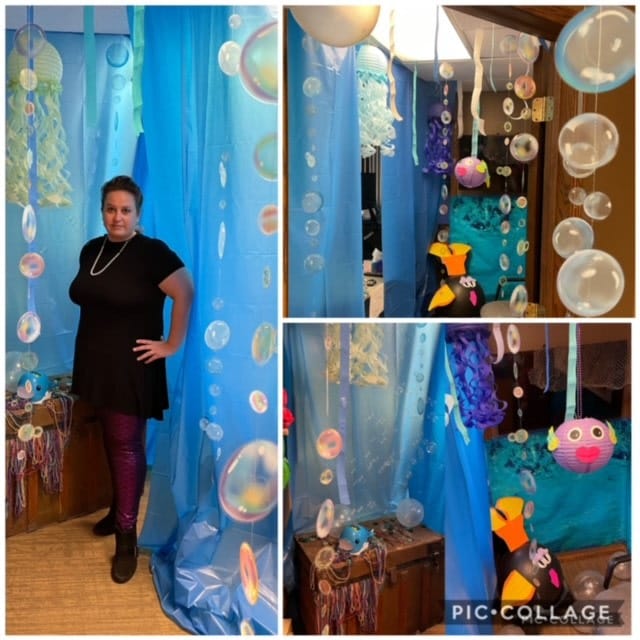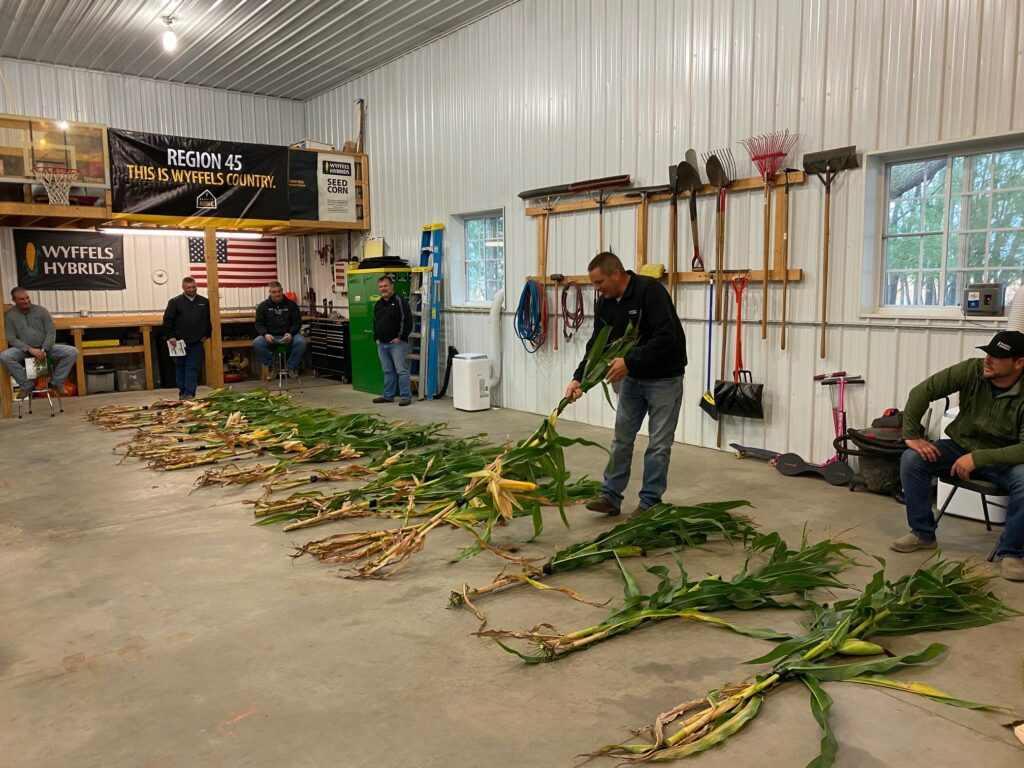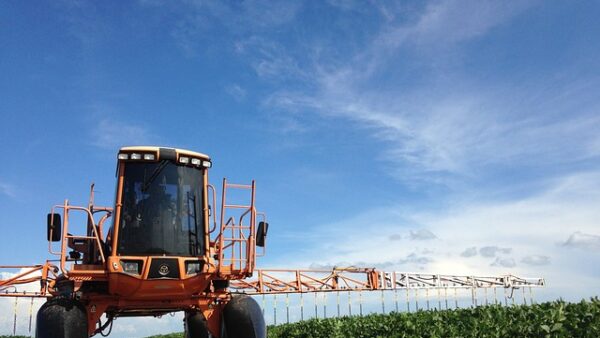Keeping employees engaged in a time of pandemic has been a major challenge for many seed sellers. How are companies responding?
Engaging employees and making sure they’re aware of how valued their contributions are can be a challenge for companies during the best of times. Doing so during the COVID-19 pandemic has proven to be even more challenging.
A recent study conducted by Ohio State University bears that out. The study showed that a combination of job insecurity and financial concerns prompted by the pandemic can produce a growing sense of stress and anxiety in workers. This can have serious implications for not only an individual’s mental health and wellbeing, but can also lead to feeling less engaged at work, according to the study’s authors. The good news, the authors say, is that having the right kind of boss or leader can actually help reduce such stress and increase engagement.
While the problem may not be rampant in the seed industry, the sector hasn’t been immune from it either. Seed companies across the U.S. have had to consider how to keep employees engaged during the pandemic even while many of them are working remotely from home or elsewhere and have less or almost no personal contact with fellow employees and supervisors.
Seed World spoke with a number of seed retailers about how they are dealing with the situation, what they are doing to enhance employee engagement and what lessons they’ve learned during the pandemic.
Business Not as Usual
While it hasn’t exactly been business as usual for Peterson Farms Seed in Harwood, N.D., during the pandemic, co-owners Carl and Julie Peterson say their approach to fostering employee engagement isn’t a whole lot different now than it was pre-COVID-19.
“We had a really strong culture to begin with, a culture of caring for each other. If you didn’t have it beforehand you’re not suddenly going to have it during the pandemic,” Julie says. “You need to care about people and they need to know you care about them. It’s got to be part of your company’s DNA.”
One thing the pandemic has brought into focus at Peterson Farms is the importance of regular communication in keeping employees engaged and enthusiastic about the work they are performing, Julie explains.
To that end, the company has continued to host regular monthly meetings with team members, at least through the fall, to keep them up-to-date on all the latest happenings. The only difference was the meetings were held outdoors and team members was seated six feet apart and wearing winter coats as the weather got colder.
Leadership has also continued to send out a weekly email newsletter chronicling business highlights from the previous week as well as things like employee birthdays, engagement announcements, upcoming contests and funny photos, which Julie says has really fostered a sense of “connectedness.”
“I think communication is even more important now, to keep goals in front of everybody and know what other teams are doing so you don’t get siloed,” she continues.
“When we’re celebrating milestones or accomplishments we try to celebrate visibly so that people stay engaged.”

How Peterson Farms employees communicate with each other has changed a bit during the pandemic. The company now uses Microsoft Teams for their virtual team meetings.
Carl says one of his company’s core philosophies is that to have employees feel appreciated, an employer has to actually appreciate them. That includes listening to what they have to say. Peterson Farms instituted an annual survey for its employees about four years ago with the aim of generating honest feedback that is then used to help plot the company’s future.
“When we think about why we exist as a company, sure we are here to produce seed. But we exist because it provides an opportunity for folks to grow and have a meaningful place to work. What we care about is the people,” Carl adds.
Another thing that hasn’t changed for the Petersons during the pandemic is making sure employees have a little fun during their work day. On one occasion they set up a COVID-19-shaped pinata and employees (who were naturally masked and socially distanced) got to take swing at it during an office meeting.
The company’s Joy Squad continues to inject acts of kindness into work life and there was even a recent decorate your workspace contest.
“You wouldn’t believe some of the stuff that came out of that. It was a really good outlet for people to be creative,” Julie says. “It’s important to keep doing those fun things.”
Communication Key to Engagement
John Wyffels is president of Wyffels Hybrids, which employs about 175 people across the central corn belt. He says one of the keys to getting employees to feel plugged in and engaged is to be proactive, not reactive, which starts with the hiring process.
“I thing a big part of our culture is passion or what we like to refer to as give a care,” he explains. “It’s part of our hiring process. If we don’t feel that during the hiring process than that’s pretty much a signal for us it’s probably not going to work.”
The fact Wyffels Hybrids is a smaller, family-owned business makes it easier to encourage engagement since many of its employees work out of the same location and see each other on a daily basis, Wyffels says.
Another key consideration for the company when it comes to making employees plugged in is communicating with those same people, according to the company’s president.
“We communicate a lot and that makes it hard for people not to be engaged. Communication is a really big piece of it,” he adds.
Of course, the tools the company is using to communicate with staff these days are a little different as a result of COVID-19. Video conferencing was rarely used prior to the start of the pandemic last March. Now there are days when Wyffels spends the bulk of his day on Zoom calls.
While the pandemic hasn’t had much of an impact on sales, production and research team members at Wyffels, its office and marketing staff have had to deal with some changes, including working from home. With many of those staff now returning to the office, Wyffels says it has been “a real positive” for driving engagement.
Reexamining Corporate Culture
Like many seed companies, family-owned Beck’s Hybrids in Atlanta, Ind., had to look at new and different ways of staying connected with employees and customers during the pandemic, even when health restrictions meant they couldn’t gather together physically.
“As humans, we all crave that connection and I think that has been magnified throughout the last year,” says Bethany Gremel, Beck’s director of culture and brand experience. “We’ve had to look for opportunities where we could stay connected with customers and each other while still recognizing the safety rules in place.”
In some cases that meant shifting from in-person events to digital ones. For example, many of the training sessions Beck’s offers are now being done digitally and its annual sales employee awards program was held online for the first time ever.
Still, the company has tried to continue with in-person events when and where possible. It brought together sales team members and dealers for its annual summer camp last June, with health precautions being followed.
Gremel says one of the potential positives that could come out of the pandemic is that it could prompt some seed sellers to reexamine their corporate culture, including how they engage with employees.
“Culture and engagement is a foundation for any organization. It’s what carries you through your challenging times and difficult seasons. What you build during your good days will carry you through the challenging ones.”
Keeping People Grounded
David Thompson, national marketing and sales director for Stine Seed in Adel, Iowa, says his company has been fortunate during the pandemic in that it hasn’t had to close its offices and most of its staff have been able to carry out their regular duties so long as they adhere to current health restrictions.
Still, company management recognized early on that it was important to step up communications with staff to ensure they had all the relevant health information they needed and so those employees who work in the field didn’t feel isolated. That included regular email blasts and online conference calling.

“I think having that regular line of communication helps keep everybody grounded, helps them feel like they’re part of the operation,” Thompson says.
In addition, the company has provided information sessions for staff on how to safely and appropriately interact with customers on their farms.
“We knew our salespeople had to be very mindful of what the prevailing winds were for each individual customer,” Thompson explains.
“We certainly took steps to talk about some of the sales tactics that come into play in those situations. Mirroring is a time-honored tradition in sales, speaking to the customer in the way they like to communicate. So we tried to give staff guidelines and help them understand how to treat different situations.”
Looking on the Bright Side
Although it will be some time before things get back to truly normal, Wyffels advice to other seed sellers when it comes to helping employees feel plugged in is to focus on the future.
“One thing I would share is to encourage people to look ahead and look beyond the storm clouds on the horizon,” he says. “I think there’s a tendency, especially during the pandemic, to manage what’s right here in front of you. It can be hard to look six to 12 months out on the horizon with so much uncertainty and complexity, but it’s important that you do.”













